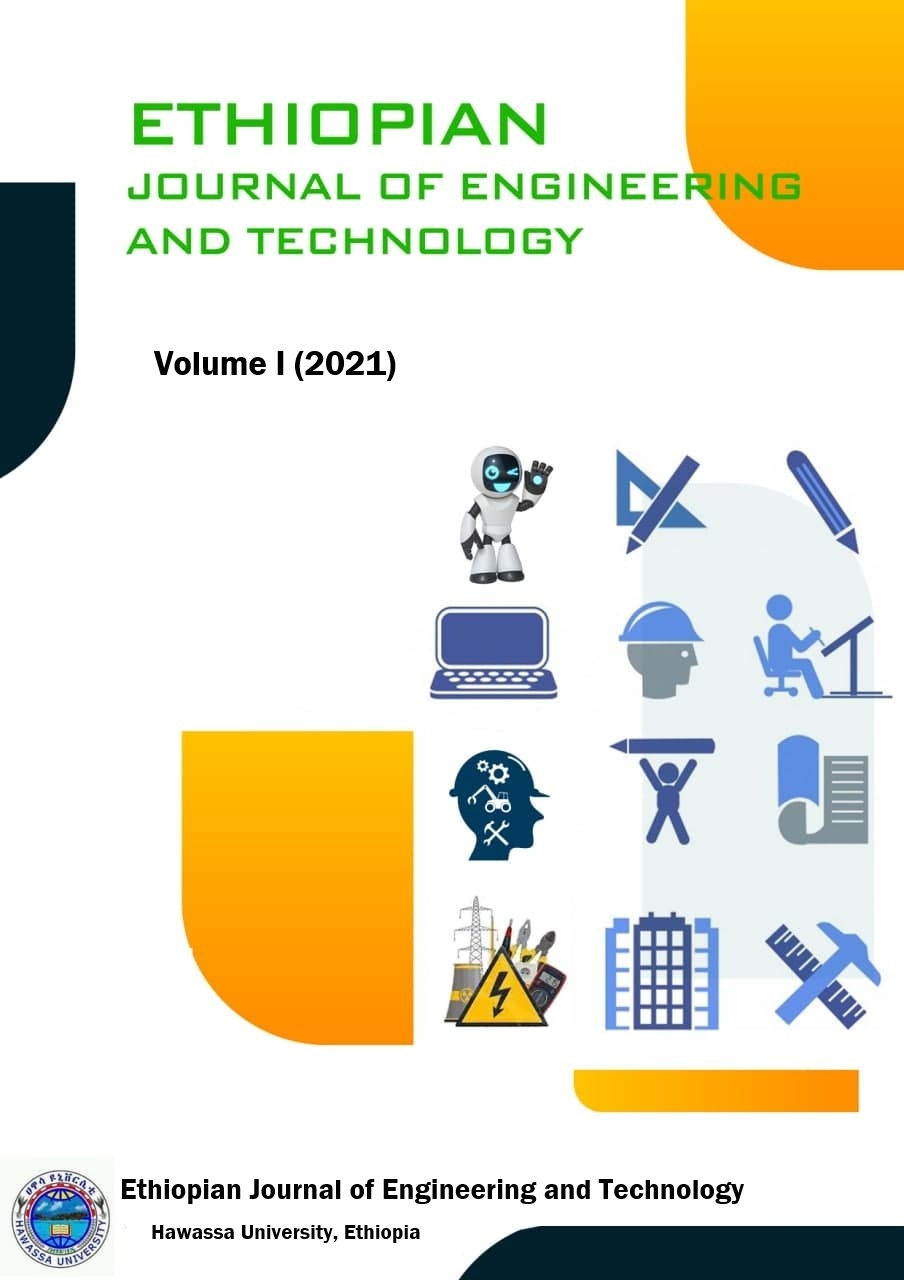Wearing Course Material Quality Evaluation for Unsealed Roads in Southern Ethiopia, A Case Study
DOI:
https://doi.org/10.82127/w3x7d172Keywords:
Wearing Course, Grading Coefficient, Shrinkage Product, Cinder Gravel, Unsealed Raods, South EthiopiaAbstract
The sustainable performance of unsealed roads is a function of regular maintenance, which improves ride quality. Good quality wearing course has a significant contribution to mitigating various distresses which develop in the use of the roads. In this paper, the results of the material quality test for 43 quarry sites used in the maintenance of roads in southern Ethiopia are presented as per the existing guidelines of quality specification of wearing course material for unsealed roads. After a field geologic review of quarry sites, 125 kg of samples passing 50 mm sieve size were collected and particle size analysis, Atterberg’s limits, soaked California bearing ration (CBR) and Treton Impact tests were conducted. The grading coefficient and shrinkage product values were computed to determine the position of samples on the material quality plot. The most prevalent problems observed in these materials are low shrinkage products and widespread use of a nonstandard material i.e. cinder gravel as wearing course material. Based on these findings appropriate recommendations were put forward to improve the low shrinkage product value. Cinder gravel can be used in the subbase of roads blended with local soils but its use as wearing course material shall be avoided unless verified via a full-scale field test.

